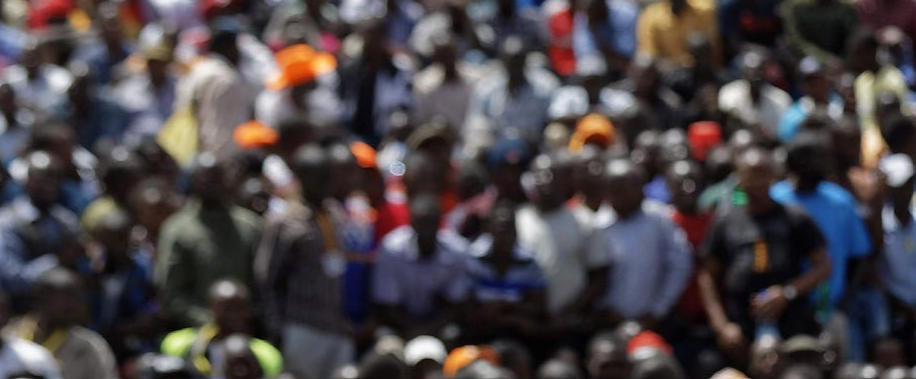The dilemma in the wake of Covid-19 upsurge and increasing political gatherings

Indoor political meetings are super spreader events for the coronavirus, Health CS Mutahi Kagwe said during a press conference on June 20.
What does this mean especially at this time when the political heat has intensified, with the majority of contenders hunting for votes from all corners of the country?
With the sixth wave of the Covid-19 pandemic, will the Ministry of Health ban public gatherings or political rallies?
The August 9 polls are in less than two months, so Mr. Kagwe’s hands are tied.
“It is important for us to appreciate that we are faced with a number of challenges that are going to affect these numbers. The first one is that we are in a political season where everybody is out there in the open, many gatherings continuously at all times,” the CS said.
The government cannot afford to take the country’s economy to where it was immediately after the pandemic hit the country.
As of December 2021, Kenya’s economy had demonstrated resilience to the Covid-19 shock, with output in the first half of the year rising above pre-pandemic levels. The gross domestic product (GDP) was at that time expected to grow by 5 percent, one of the faster recoveries among Sub-Saharan African countries.
The magnitude of Kenyans attending the political rallies is massive with most of them failing to observe the Covid-19 protocols enacted by MOH.
“Those who have not been vaccinated should do so immediately. Those who have been vaccinated and need a booster shot should do so immediately,” Mr Kagwe noted.
The Health CS urged Kenyans to not only give precedence to wearing of face masks but also to getting the Covid-19 jabs which are readily available in most health facilities.
He expressed his concerns over the alarming upsurge in the positivity rate, with Monday, June 20, reporting 246 new cases from a sample size of 1,993 tests translating to a positivity rate of 12.6 per cent.
“We expect to have a lot more colds and flus with similar presentations like Covid-19,” Mr. Kagwe said.
Further, he urged Kenyans in confined places such as PSVs, aircraft, offices, supermarkets and places of worship to mask up.
“Therefore, there is a need for all those with respiratory-like illnesses to seek appropriate medical care and be tested for Covid-19 to inform proper management,” he added.
However, the CS said even though there is an increase in the number of new infections, it is not associated with increased hospitalizations with the majority being managed under home based care and isolation.
The overall positivity rate has increased from a weekly average of 0.6 percent at the beginning of May to a weekly average of 10.74 percent in the week ending June 19.
“The sharp rise in infections should mean something to our country and we must once again take steps to prevent a slide into a crisis like the one we experienced in 2020 and 2021 when we lost many lives and resources,” Mr Kagwe said.
The CS noted that the steady increase in infections is likely to get worse in the coming weeks due to the cold weather.
A total of 18,589,484 doses had been administered by Monday, with 8,580,397 adults having been fully vaccinated. 341,473 teenagers had also been fully vaccinated while 406,042 persons had already received their booster shot. The proportion of adults fully vaccinated stands at 31.5 per cent.
With the upsurge in the positivity rate, the government is at crossroads as crucial events are set to be affected if public gatherings were to be banned.

